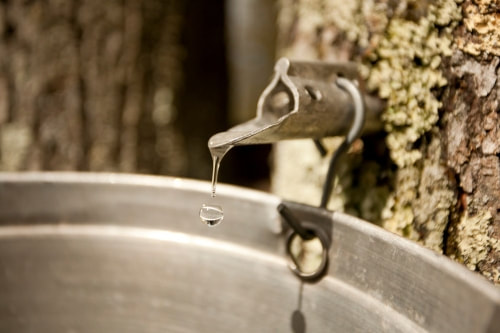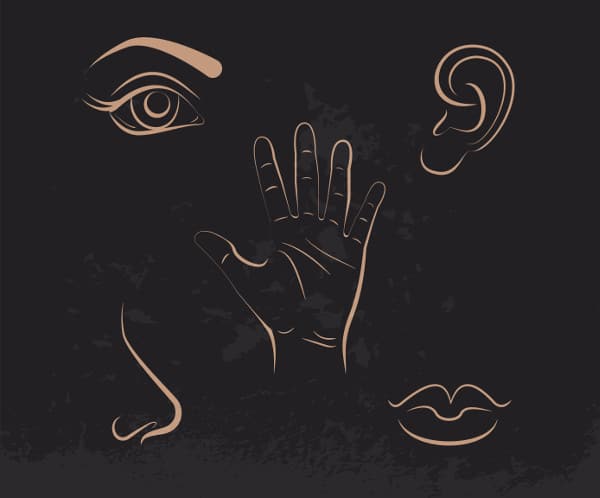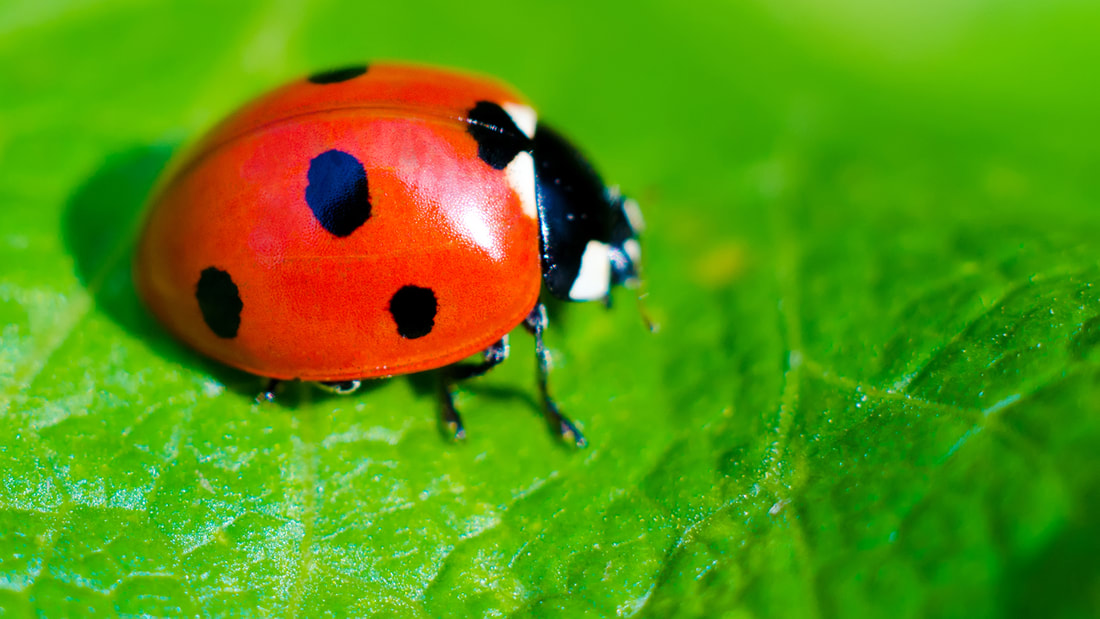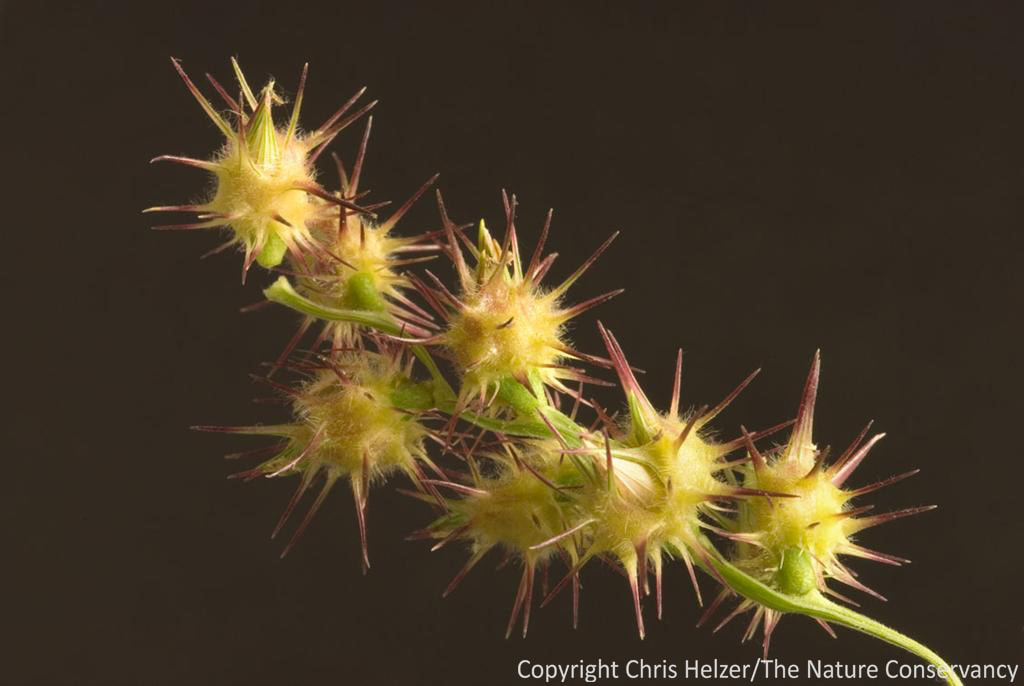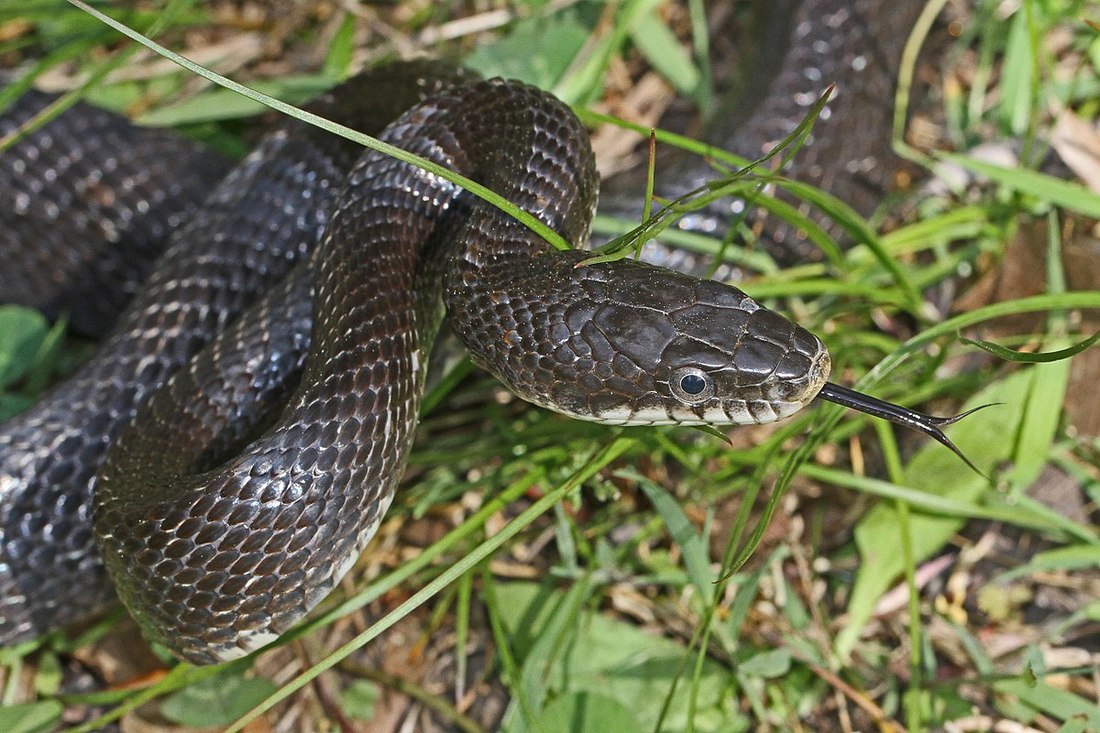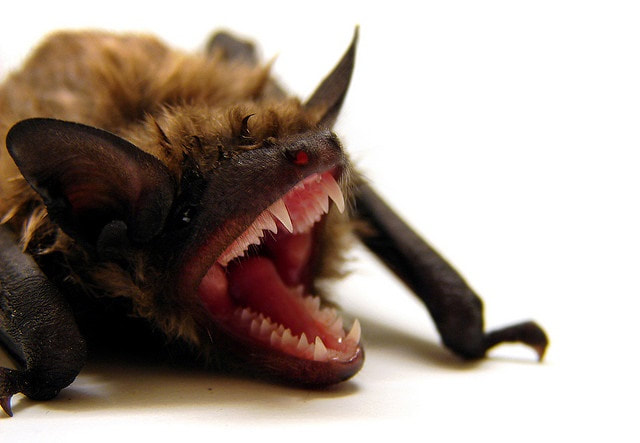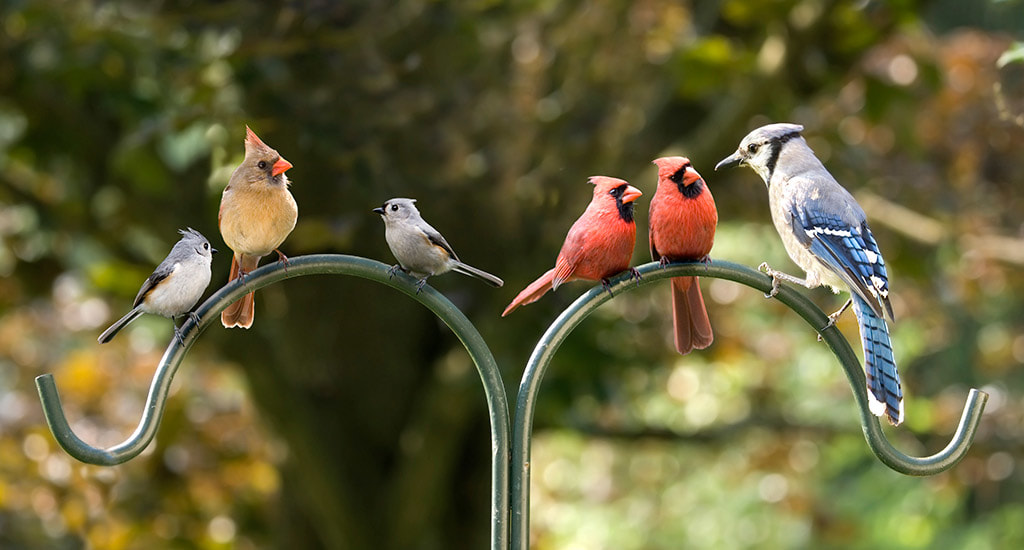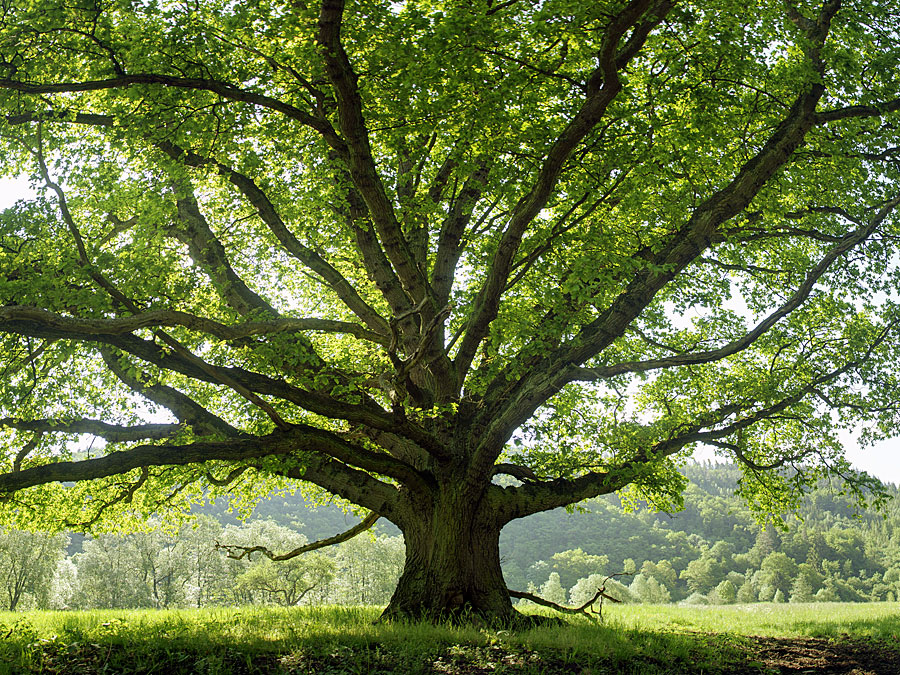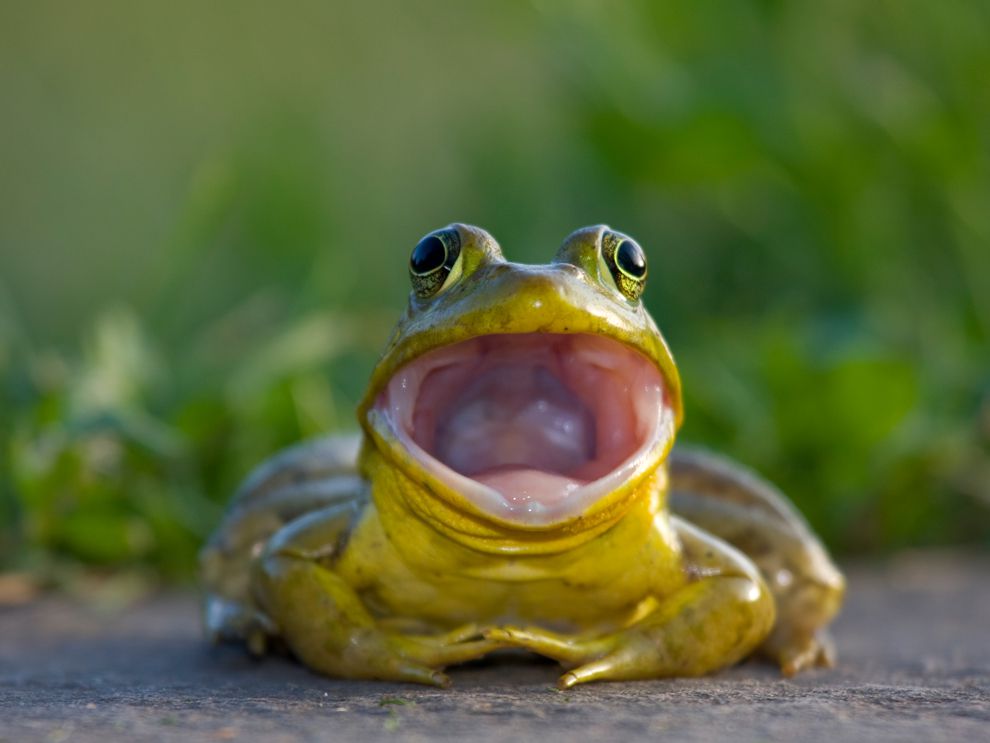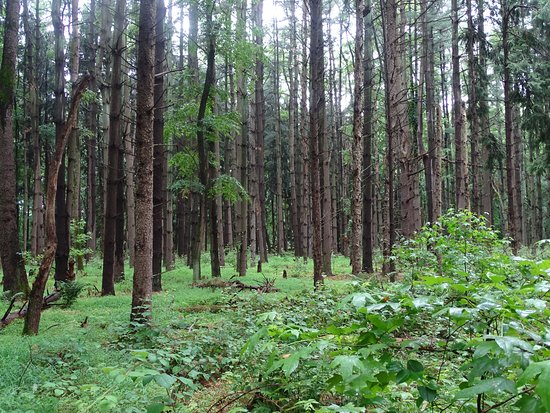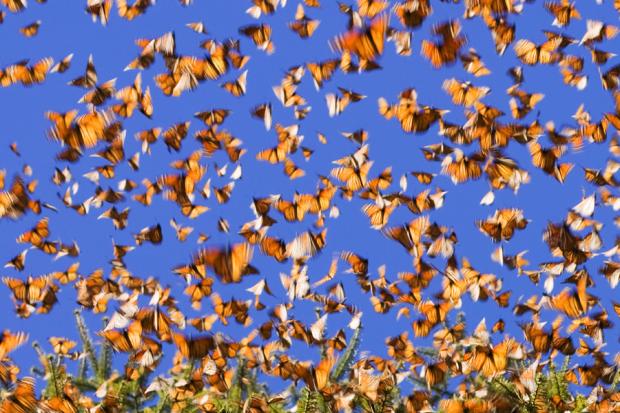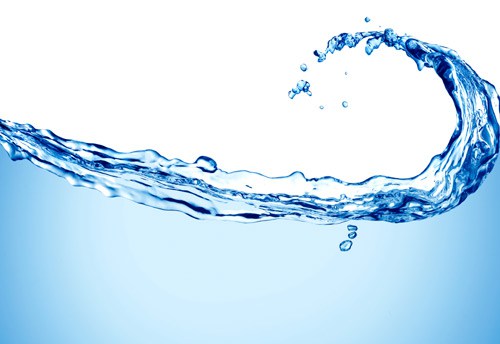Library Programs
|
Programs for libraries are one hour in length and can be scheduled for Tuesdays through Sundays. Library programs are specifically geared toward children 6-12 years old, but we can customize a program for any age group. Recommended group size is up to 25 participants. Larger groups can be accommodated by scheduling two or more back-to-back sessions. |
Cost:
$200.00 per program Repeat of the same program at the same location is $100.00 per additional program. Scheduling a Program: Email: education@rancocasnaturecenter.org Call the Center at (609) 261-2495 |
The program fee is due two weeks prior to program date. To facilitate scheduling please have several possible dates and times in mind. Spring & Autumn dates fill up quickly so make your reservations early. Many programs are taught outside, rain or shine, so please dress appropriately. Our instructor(s) will contact you a week in advance with specific program details.
|
Maple Sugaring
What a tasty way to spend an afternoon! Maple sugaring is the oldest continuous industry in North America. Learn about the physiology of the sugar maple tree and the history of maple sugaring, including an Indian myth. Observe a model tapping demonstration and if possible enjoy a maple sugar sap tasting. Please note, this program is only offered in late winter. Making Sense of Nature
Children are aware of their five senses at a young age and use sensory information to understand their surroundings. This presentation focuses on how human and animal senses are similar and different. A live, resident Rancocas animal will be used as an example of how animals use their senses for survival. The Good, the Bad, and the Bug-ly
Insects comprise one of the largest groups of animals on the planet. Through hands-on activities, insect samples, and explorations, participants will learn about the invertebrate life cycle and how not everyone needs to have a backbone to be strong and survive. |
Traveling Seeds
Plants produce a variety of seeds and seed-pods, and use different strategies to disperse their seeds to increase their chances of survival. This engaging, hands-on program offers participants the chance to investigate a diversity of seeds, seed pods, and cones. They will learn five basic ways that seeds travel in the environment, determined by how the seed is structured. The program is concluded with a short activity where children or others enact the travels of four maple tree samaras. Scales and Tails
What fascinating group of animals has scales and tails? The reptiles do. This ancient group of animals makes its home in a surprising variety of habitats. This program includes a hands-on interaction with Rancocas’ resident reptiles and shares information about reptile biology and adaptations. Batty For Bats
Holy smokes, Batman, this mammal can fly! Bats are the only true flying mammals; sorry Batman fans. Despite the fact that bats comprise about one-fifth of all mammal species worldwide, their nocturnal habits and their association with Halloween have contributed to bat folklore, superstition, and fear. Learn about bat behavior and how and why we need to co-exist with these interesting creatures. |
Beginning With Birding Basics
Birds can be found in almost every habitat. Over 47 million Americans enjoy bird watching and birding each year, and it’s a great way to connect with nature in your own backyard. This program is for beginning birders of all ages. Engaging activities introduce participants to bird topography, bird classification, bird ID skills, and bird behavior. It’s a great way to start on a lifetime of observing our colorful feathered friends. Tremendous Trees
Quite possibly the largest living things on earth, trees are a mystery to most of us. Participants will learn about tree physiology through an interactive “Build a Tree” activity, examine tree cookies, learn to ID several leaf types, and possibly take a short hike on the library property to use their new tree ID skills. Museum Madness
This is a great spring/summer/fall program for libraries. The nature center will bring all kinds of hands-on items from our nature center museum to pass around. Investigate, and learn about. We will bring some living animals or insects depending on what is available. Fabulous Frogs
Join us on a “frogging” expedition to learn about our fabulous amphibians. New Jersey is home to 15 species of frogs and toads. The program covers the frog life cycle, frog vocalizations, and various frog and toad habitats. |
For Upper Elementary and Middle School
|
Hypothermia and Survival Fun!
Hopefully none of us will ever need to be in a true survival situation. But survival skills start with a positive mental attitude and require quick thinking. This program focuses on using interactive activities to think outside the box when looking at uses of everyday items in a mock survival situation. We will also explore hypothermia and heat loss and discuss how to prepare and protect ourselves and others from situations where we might be in danger. A simple potato experiment makes it fun! |
The Magic of Monarch Migration
Monarch butterflies, those strikingly beautiful, orange and black visitors to our summer gardens, seem to disappear in the fall. Have you ever wondered where they go? This presentation will enlighten participants to the monarch life cycle and share the magic of the monarch flight to their winter roost sites. Let there be Light!
Luminescence, the ability an organism or mineral to produce light in the absence of heat, is a fascinating characteristic. This hands-on program will focus on several types of luminescence-- bioluminescence, fluorescence, and phosphorescence. Participants will learn how and why these properties appear in nature through examination of wood samples, minerals, and glow sticks. |
Water, Water, Everywhere
The water we drink today is the same water the dinosaurs drank millions of years ago. Participants will take the “Incredible Journey” and take the role of a water molecule as they explore the wonders of the water cycle. Older kids will utilize math skills to calculate percentages of the time spent in the different stages in the life of a water molecule. |

